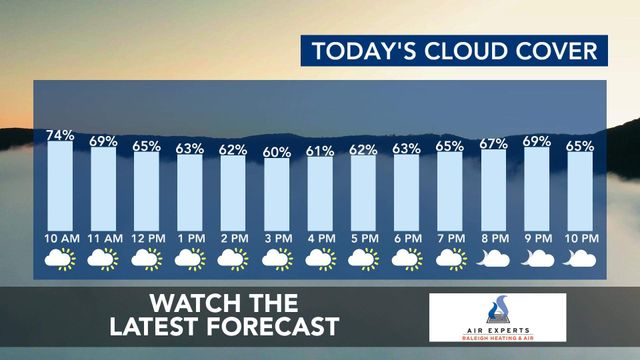Fayetteville woman claims scammer stole $23,000 for SUV that never arrived
A Fayetteville woman reached out to WRAL News because she claims she fell victim to a scam.
Kay Munson said she sent a scammer $23,000 for an SUV that never came.
Munson called and left a voicemail on Jan. 20 about the alleged scam. She said days before the call she spent the money on the website bidscheap.com, where this listing had a Toyota Highlander Hybrid for sale with about 20,000 miles on it.
“My son said, ‘This is a great deal, mom. Let’s go for it,’” Munson said.
Munson said she noticed something was off after sending the money.
“We couldn’t call them,” Munson said. “He had been chatting with them, but no phone number.
“That should have been a red flag to us.”
The other red flag was the vehicle dealer license document claimed to be issued through New Hampshire. A spelling error and checking with the state’s DMV confirmed the document was fake.
However, the name of the person associated with the account was real. It includes her address and former business name.
Shamena Khan said she and her husband ran BidXpress until 2019. While she keeps the business license active, she doesn’t serve customers. The couple lives in Florida.
Khan’s name and current address were listed in the seller's information.
“We have never, never, ever, ever owned a Toyota Highlander,” Khan said. “Ever!”
WRAL News set up a virtual meeting between Munson, Khan and Khan’s husband, Kay Munson.
“We're sorry this has happened to you, but we can assure you we had nothing to do with this,” Shamena Khan said. “We were just stunned when my husband got the call about this. We're sitting in our home and trouble comes to find you.”
Khan said three different Bank of America accounts were listed under Khan’s Social Security number. She said she hadn't banked there in nearly 30 years.
However, Khan said what made her even more heated: Kay Munson said someone employed with Bank of America divulged Khan's name. It happened when Munson provided the bank’s employee with the account numbers associated with the alleged fraud.
WRAL News contacted Bank of America and asked:
- How someone used Shamena Khan’s name and open three bank accounts
- Does the company have fail safes for this sort of thing?
- Would Munson’s money be sent back to her after the alleged fraud account was closed
"Bank of America prioritizes client protection and observed potential risk,” the bank’s statement read. “We have communicated directly with the client on actions taken."
Shamena Khan said she wasn't satisfied with that answer.
“That doesn't excuse the fact that it wasn't us, or they should have known or should have checked that was Shamena Khan or not, somehow or someway,” Shamena Khan said.
How to avoid scams
Here are some tips from the Better Business Bureau on how to avoid scams:
- Watch for too-good-to-be true deals
- Watch for unfamiliar websites: Use a domain search website, such as lookup.icann.org to see how long the site's been active and who owns it.
- Really think if you want to put your banking information out there. If you do and it goes wrong, contact your bank.
How to avoid fraud
Here are some tips from the Better Business Bureau on how to avoid fraud:
- Report your case to the authorities, including police, the Federal Trade Commission, and the state attorney general's office.
- Place a fraud alert on your credit report.
- Close any fraudulently opened accounts and legitimate accounts that were compromised.









